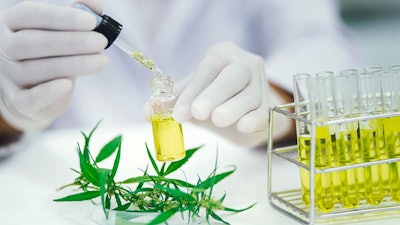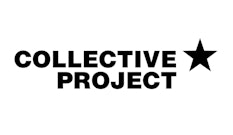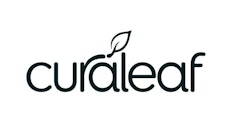
[PRESS RELEASE] FORT LAUDERDALE, Florida (October 1st, 2023) – Kaycha Labs, a leader in cannabis testing technologies and methods, is proud to announce a new cooperative research and development agreement (CRADA) with the National Institute of Standards and Technology (NIST). NIST, part of the U.S. Department of Commerce, promotes U.S. innovation and industrial competitiveness by advancing measurement science, standards and technology in ways that enhance economic security and improve our quality of life.
Through this long-term partnership, Kaycha Labs and NIST will work together towards the common goal of standardizing measurements in the cannabis industry. This multifaceted project will include such issues as:
• Tracking the appearance and frequency of contaminants (both chemical and viral), as well as various cannabinoid isomers across multiple states
“Through this partnership we expect many analytical challenges currently faced by the cannabis community to be addressed, including providing better tools for understanding the quality of measurements in cannabis,” said Kaycha’s Chief Scientific Officer, Stephen Goldman. Kaycha’s President and Co-Founder, Chris Martinez, said “We are excited to collaborate with NIST, aiming to tackle significant challenges within our industry. These joint efforts to develop reference materials and compare methods hold the potential to enhance analytical measurements and support those striving to establish best practices.”
From a scientific standpoint, cannabis is a challenging plant to characterize based on the complexity of the plant metabolites and the structural features of the plant and flower. Cannabis product producers must be able to accurately determine Δ9-THC (delta-9-tetrahydrocannabinol) and THCA (delta-9-tetrahydrocannabinolic acid) for legal and tax purposes, contaminants for public health purposes, and overall metabolite profiles for use in the analysis of the effectiveness of products in clinical trials. NIST coordinates interlaboratory comparison (quality assurance) programs and develops reference materials, providing tools for cannabis laboratories to establish product safety.
Kaycha looks forward to assisting NIST in identifying and acquiring materials that may pose risks to public health. These materials may be then used in future CannaQAP studies (interlaboratory exercises to determine how well labs are performing measurements of plant metabolites and contaminants) and when deemed necessary as NIST reference materials for use as quality control and method validation tools. Kaycha Labs brings expertise in the determination of contaminants and plant metabolites, which may be used to confirm NIST measurements. The company has laboratories across the country and tests a variety of samples from different geographic regions allowing them to identify new safety challenges and metabolite profiles as they gain in commercial popularity. This collaboration will allow NIST to use this information to respond to industry needs through the production of relevant and effective analytical tools for the industry.
























